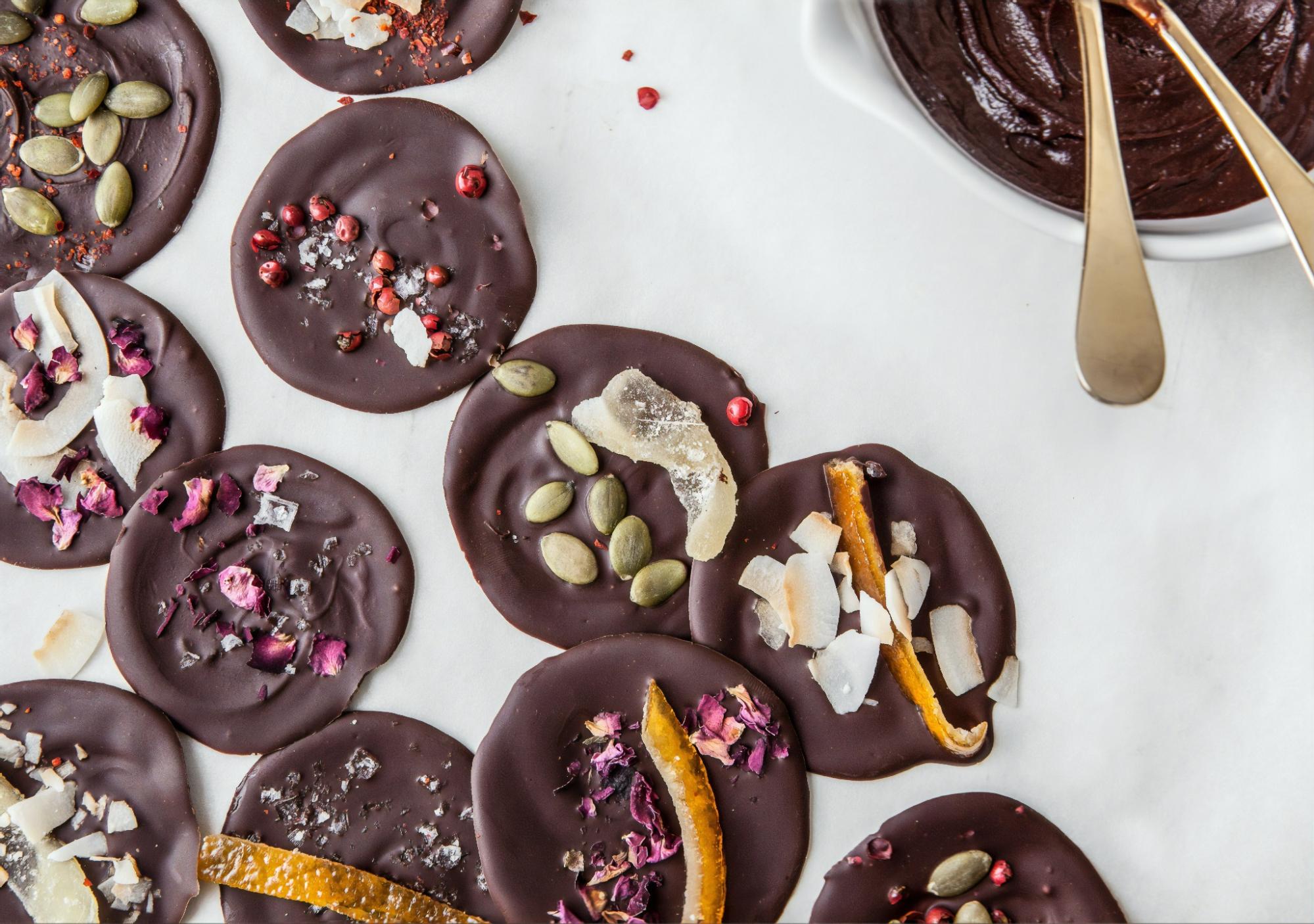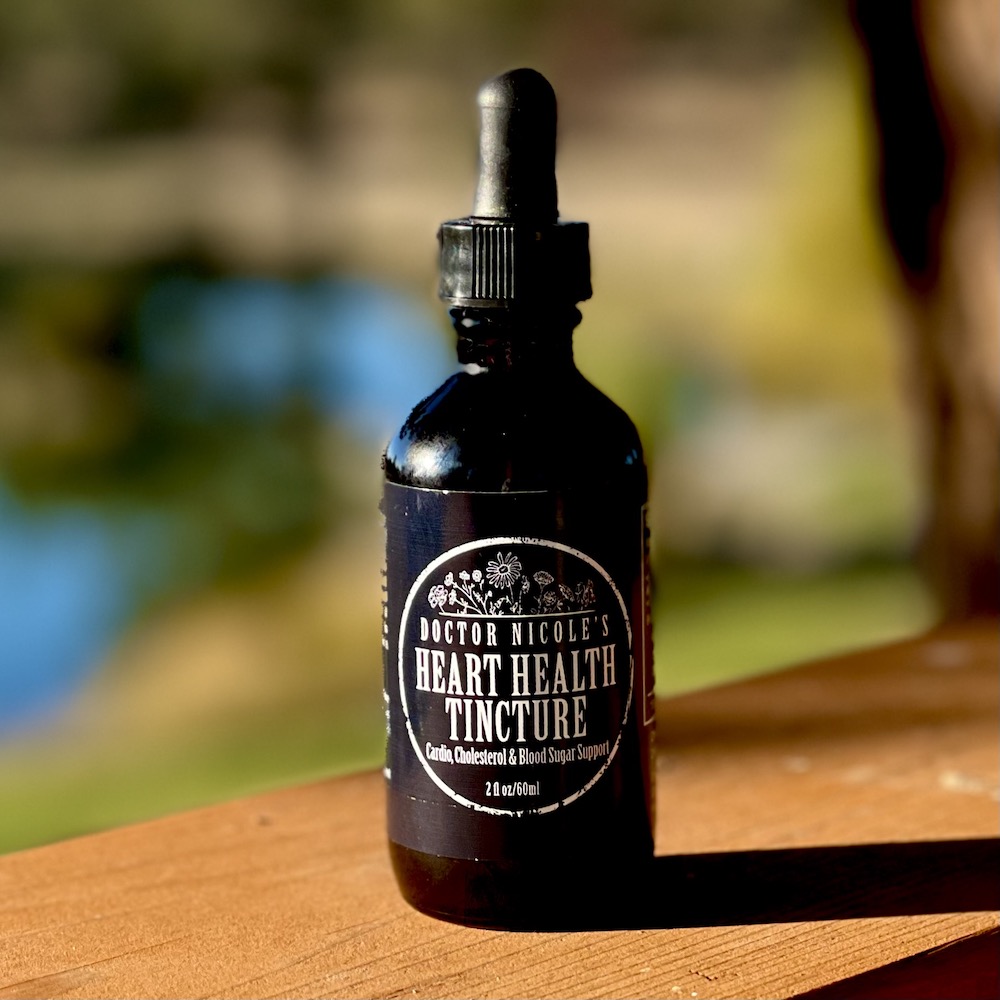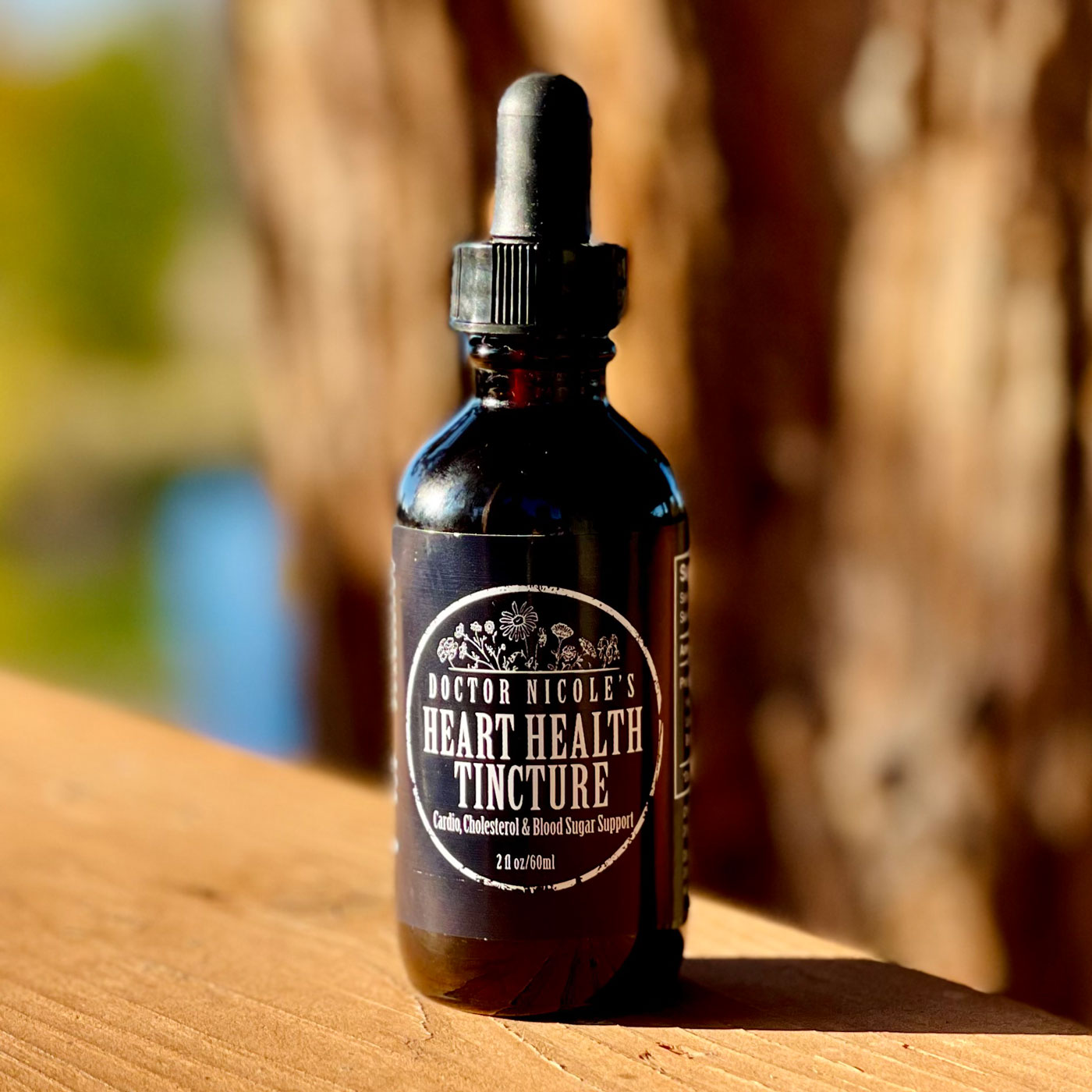Guilty Pleasure or Health-Enhancing Superfood? You Decide.
If you love chocolate, good news! Researchers have discovered an unexpected benefit: fat-burning. What’s more, eating a small amount every day may lower your risk of diabetes and heart disease and boost athletic performance. Add to this a high antioxidant profile, and chocolate may just be the delicious superfood you’ve been seeking. Sound too good to be true? Keep reading. We’ll explore the science behind why you should include more chocolate in your life.
Fat Burning Potential
As surprising as it may seem, milk chocolate may be the key to burning fat and decreasing blood sugar levels in postmenopausal women — with one caveat: it needs to be consumed within a narrow window of time in the morning.
Harvard Medical School professors Frank A.J.L. Schemer and Marta Garaulet, along with researchers from the University of Murcia in Spain conducted a randomized, controlled, cross-over trial that put milk chocolate to the test in the morning and evening.1 Each of the postmenopausal women were given 100g of chocolate either within one hour of waking in the morning or at night within one hour of bedtime.
What they found was that neither morning nor nighttime chocolate consumption leads to weight gain. It also made a positive impact on levels of hunger and appetite, microbiota composition, and circadian rhythm/sleep. Eating milk chocolate in the morning or evening improved the resting and exercise metabolism the next day as well.
However, only morning intake of chocolate within one hour of waking demonstrated measurable fat-burning and blood glucose regulation effects.
“Our findings highlight that not only ‘what’ but also ‘when’ we eat can impact physiological mechanisms involved in the regulation of body weight,” notes Schemer.2
Garaulet adds, “Our volunteers did not gain weight despite increasing caloric intake. Our results show that chocolate reduced ad libitum energy intake, consistent with the observed reduction in hunger, appetite and the desire for sweets shown in previous studies.”
Granted, the study was small as it only included 19 women. But the results are promising. It is well worth enjoying a small piece of milk chocolate within one hour of waking each morning to see if you can duplicate the same fat-burning results for yourself.

Reducing the Risk of Diabetes & Cardiovascular Disease
Long blamed for obesity, tooth decay, and acne, researchers are taking another look at chocolate and finding it isn’t all doom and gloom. In fact, a study published in the British Journal of Nutrition found that participants in the Observation of Cardiovascular Risk in Luxembourg (ORISCAV-LUX) between the ages of 18-69 who consumed around 24.8 grams of chocolate per day had lower insulin resistance and improved liver enzyme levels, compared to those who did not eat chocolate every day.4 The team accounted for age, sex, education, lifestyle, and dietary aspects that could influence the results.
Since insulin resistance, along with obesity and diabetes, is an established risk factor for cardiovascular disease, the researchers believe that small amounts of daily chocolate may be beneficial for reducing the development and severity of heart disease. Flavonoid antioxidants found in chocolate also support cardiovascular health and lower inflammation.
You may be wondering at this point how the fat and sugar content of chocolate comes into play. Great question! Here, the researchers shed light on this conundrum:
“Chocolate is rich in sugar and fat, contributing to the assumption that frequent consumption may boost obesity. In contrast to traditional beliefs, the present study showed that adiposity measures (BMI, WC), glycaemic parameters (FPG, HbAc1 and HOMA-IR) and γ-GT were significantly lower among chocolate consumers. In addition, obesity and other cardiometabolic-related pathologies such as hypertension and diabetes were significantly lower among daily chocolate consumers.”
The researchers add, [“I]n the present study, daily chocolate consumers also had diets higher in energy, with a greater contribution from total fat and SFA. The lipid content of chocolate is relatively high; however, one-third of the lipid in cocoa butter is composed of the fat stearic acid, which exerts a neutral cholesterolaemic response in humans.”4
Opting for natural cocoa products made with high-quality chocolate, instead of processed candy bars, will lend better results in your own life. See below for additional information on what to look for in your chocolate.

What About Heavy Metal Contamination?
Over the past few years there has been concern about lead and cadmium contamination after an investigation by Consumer Reports sounded the alarm. Chocolate typically tests positive for these heavy metals as the cacao plant will take up these compounds from the soil, which are often found in places with a history of volcanic activity. However, not all chocolate is created equal — some types and brands are higher in contaminants. See “23 Of 28 Dark Chocolate Bars Tested Have High Lead, Cadmium Levels” by Forbes journalist Bruce Y. Lee for recommended brands that are considered safe according to the report.3
Of course, cocoa or cacao powder and often unsweetened baking chocolate tend to be the highest as they are 100 percent chocolate without any additional ingredients to dilute heavy metal content. Depending on the percentage, dark chocolate can also be an issue — but keep in mind it is also higher in health-enhancing flavonoids.
Since heavy metals are impossible to avoid in our day-to-day life due to pollution and natural presence in the soil, I recommend taking a proactive approach to reducing the health risks of exposure — namely, tending to your main detoxification organs: the kidneys and liver. Drinking plenty of water throughout the day with a small amount of lemon is helpful. So is eating organic food to reduce your toxin load.
I also encourage you to include detoxifying foods in your daily diet, including: cilantro, wild blueberries, garlic, ginger, turmeric, beets, and an abundance of leafy greens. Blue-green algae (spirulina) and chlorella are also helpful as long as they are grown in clean environments as they too can assimilate heavy metals from the environment.
If you have an MTHFR issue, which compromises detoxification pathways, you may need a glutathione supplement or its precursor, NAC. More on this topic in a future post. Stay tuned!
Herbal Solutions: Blood Sugar Support & Heart Health
When all is said and done, there are some who cannot reap the benefits of chocolate, whether due to an allergy, intolerance, or simply do not have a taste for it. If you would rather skip directly to blood sugar, cardiovascular, and antioxidant benefits, my Heart Health Blend is for you!
This full-potency blend contains concentrated extracts of hawthorn, tulsi, fenugreek, and bilberry for powerful blood sugar and cardiovascular support. This convenient formulation is also rich in health-enhancing antioxidants.
Stop by the apothecary today and experience for yourself the difference our herbal medicines can make. Tap here to get started!
Nicole Apelian
Nicole’s Apothecary Products in this Post
References
- Hernández-González, T., González-Barrio, R., Escobar, C., Madrid, J. A., Periago, M. J., Collado, M. C., Scheer, F. A. J. L., & Garaulet, M. (2021). Timing of chocolate intake affects hunger, substrate oxidation, and microbiota: A randomized controlled trial. FASEB journal : official publication of the Federation of American Societies for Experimental Biology, 35(7), e21649. https://doi.org/10.1096/fj.202002770RR
- “Eat the chocolate, lose the weight?” The Harvard Gazette, BWH Communications, June 24, 2021. https://news.harvard.edu/gazette/story/2021/06/starting-the-day-off-with-chocolate-may-have-unexpected-benefits/
- “23 Of 28 Dark Chocolate Bars Tested Have High Lead, Cadmium Levels” Bruce Y. Lee, Forbes, December 16, 2022.
- Alkerwi, A., Sauvageot, N., Crichton, G. E., Elias, M. F., & Stranges, S. (2016). Daily chocolate consumption is inversely associated with insulin resistance and liver enzymes in the Observation of Cardiovascular Risk Factors in Luxembourg study. The British journal of nutrition, 115(9), 1661–1668. https://doi.org/10.1017/S0007114516000702






